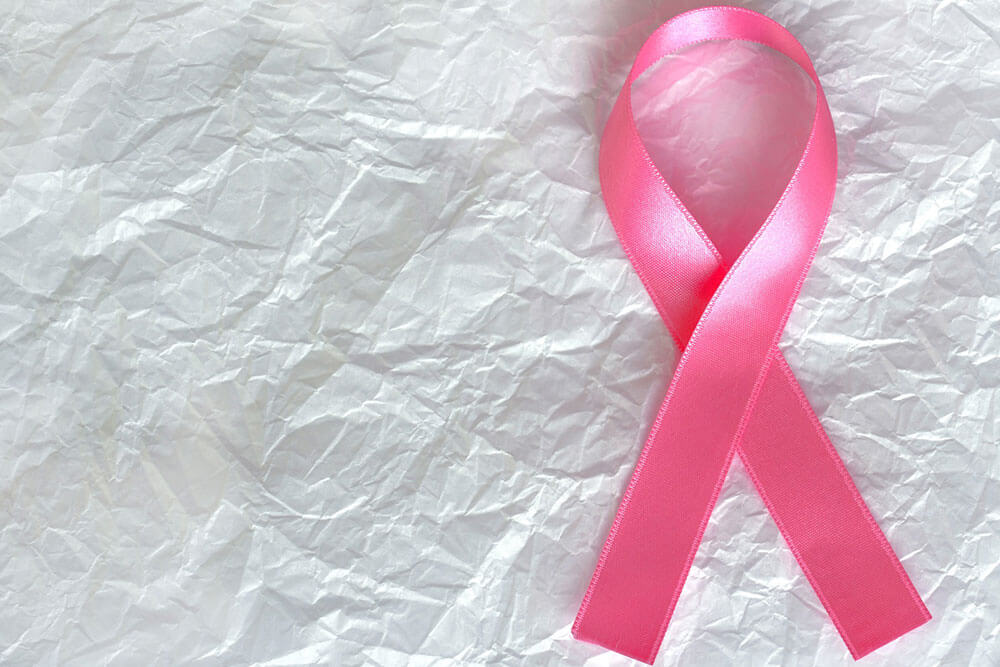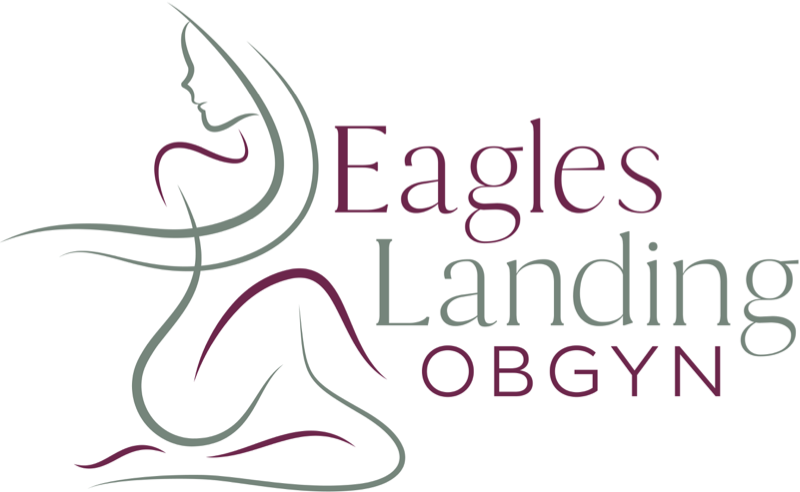
If you are a woman living in the United States, you have a one in eight chance of developing breast cancer during your lifetime. While you cannot know whether you will be among the twelve percent of women who receive a diagnosis of breast cancer, there are certain factors that increase your risk of developing a breast tumor. You cannot do anything about advancing age or your family history of breast cancer, but there are several lifestyle factors influencing your breast cancer risk that you can address.
Limit Your Alcohol Intake
Although a single alcoholic drink daily doesn’t increase your risk of developing breast cancer significantly, drinking two or three alcoholic beverages daily increases your risk by around 20%. Heavy drinking also increases your risk of other cancers such as mouth, esophageal and liver cancer. As a woman, you should have at most one alcoholic drink daily and ideally have some days free from alcohol each week.
Achieve & Maintain A Healthy Weight
After the menopause, your fat stores generate most of the estrogen in your body and higher levels of circulating estrogen are a risk factor for breast cancer. Body fat also produces insulin, with higher levels of this hormone further increasing your risk of breast cancer. Abdominal obesity is riskier than fat stores around your hips and thighs, as fat around your stomach is more metabolically active. You can make changes towards a healthier weight by adopting a balanced diet, controlling your portions and taking regular exercise.
Take Regular Physical Activity
Keeping active after the menopause is protective against breast cancer, with greater levels of activity offering most benefit. Exercise may reduce your tumor risk by preventing weight gain and controlling hormones linked to breast cancer. You should aim for at least 150 minutes of activity per week.
Breastfeed Your Children
If you breastfeed for a total of two years, you reduce your risk of postmenopausal breast cancer by eight percent. Breastfeeding may offer protection by helping you resume your pre-baby weight, lower levels of cancer-related hormones and remove cells in your breast tissue that have damaged DNA. Choosing to breastfeed may also lower your risk of ovarian cancer.
Consider Your Birth Control Options Wisely
The contraceptive pill and contraceptive injection slightly increase your breast cancer risk. However, your risk of developing a breast tumor returns to normal within ten and five years of stopping the pill or contraceptive injection respectively. You may want to consider alternative options for birth control if you have additional risks for breast cancer, which your doctor can advise you on.
Take Medical Advice On Use Of Combined HRT
After the menopause, using combined hormone replacement therapy for two years increases your risk of breast cancer, including more advanced and fatal tumors. Your risk does, however, return to normal within five years of stopping HRT. It is therefore important to consider the risks and benefits of HRT under the guidance of your doctor. For women with severe menopausal symptoms and a higher risk of osteoporosis, in the absence of additional breast cancer risk factors, taking HRT may still be advisable.
While you can’t eliminate your risk of breast cancer by making lifestyle changes, you can reduce your chances of developing a breast tumor by adopting a healthier lifestyle and carefully considering any hormone-based medication you take.
